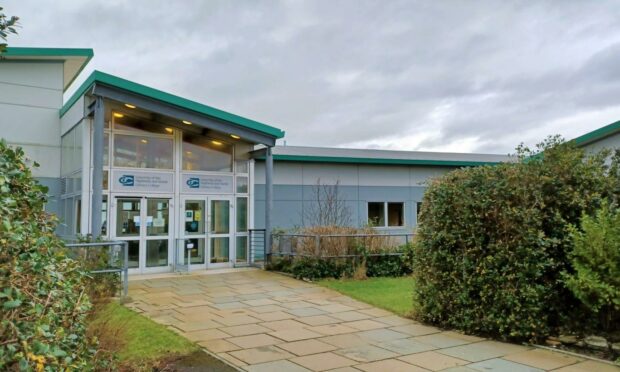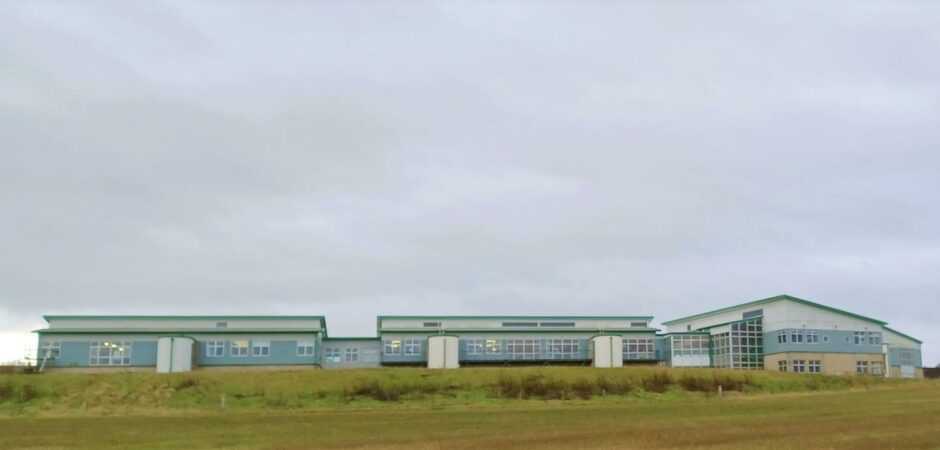Plans to bring a £2 million renewable energy-powered vertical farm to Orkney are progressing as councillors received an update from Orkney College UHI’s principal.
The project has been put together to explore how vertical farms could be used on the islands to grow crops on a scale that could not be grown otherwise.
A report put before the sub-committee says vertical farms would be “companions not competitors” to traditional farms.
Local ingredients
Vertical farming is done in vertically stacked layers.
It is usually carried out indoors using LED lights, giving complete control over growing conditions.
Ingredients for use in local foods would be grown, such as botanicals for spirits and herbs for meat and fish.
It is hoped the project would foster similar ones in Shetland, the Outer Hebrides, and the Highlands.
The project also aims to create 19 full-time equivalent jobs by its tenth year of operation and generate income of £475,000 per year.
Project would be ‘companion’ to traditional farming
Professor Edward Abbott-Halpin painted a positive picture as he updated members of the college management council sub-committee of the project’s progression on Monday.
He said the project, which is being developed by the college, is back “on target” and there is “no reason” it cannot move forward.
The project is being brought forward under the islands growth deal and is still at its early stages. An outline business case is currently being prepared.
Prof Abbott-Halpin said the most important part of the project is looking at models for the farm to inform the business case. This will shape how the project is taken forward to government.
Joint funding of £2million from the UK and Scottish governments has been earmarked for the Orkney project’s set-up costs. However, the report to the sub-committee says “ongoing additional support” will be needed.
Resources are also mooted to be an issue as the college has “limited in-house technical knowledge or staff resource”.
Collaborative working is taking place to bring the vertical farm project together.
A lead group, made up of members of Highlands and Islands Enterprise, the James Hutton Institute, the University of the Highlands and Islands, Orkney Council, and Orkney College has been set up.
‘No reason’ project can’t move forward says college principal
Prof Abbott-Halpin said one possible source of renewable energy has already been found. However, he pointed out that Orkney Council is developing its own renewable projects and there are others in the pipeline too.
He said: “It’s about asking what’s the most appropriate renewable as we go forward. How do we serve that?
“The case is being built around these issues to give the government the best chance to give us the funding. That is, of course, where we want to get to.
“Our honest assessment is that there is no reason we can’t complete that. There are risks in a couple of areas: one is writing the stock answers for the OBC. This may seem simple but it’s things like environmental impacts. The economic arguments are much clearer.
“That’s where we are. It’s making progress.”

